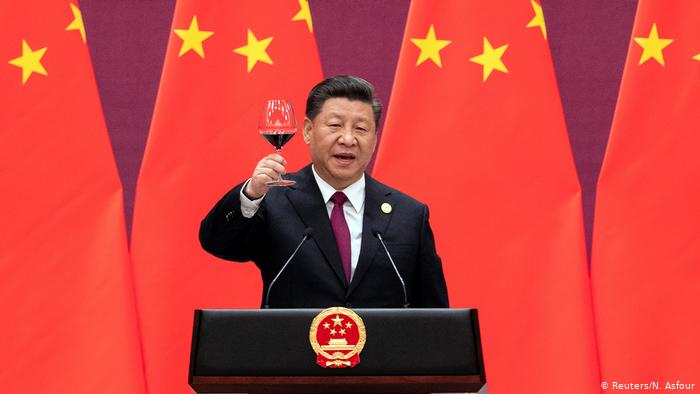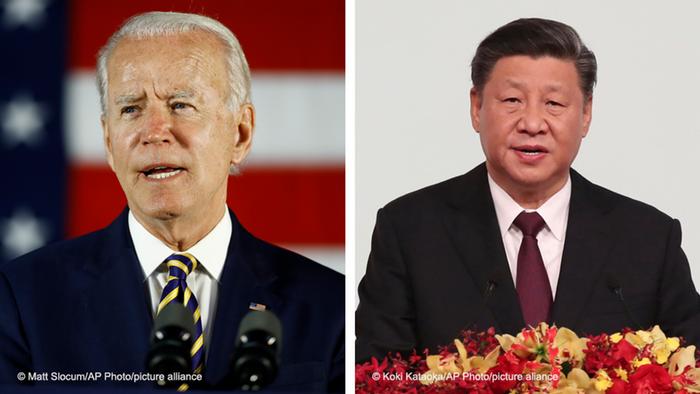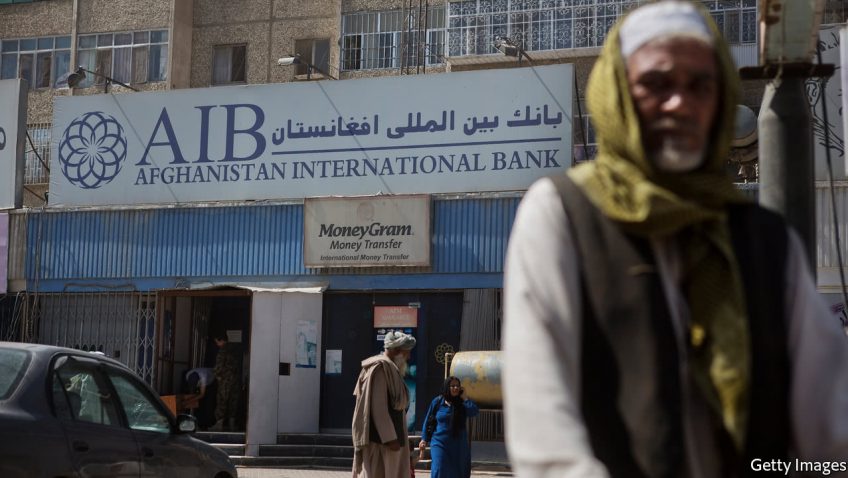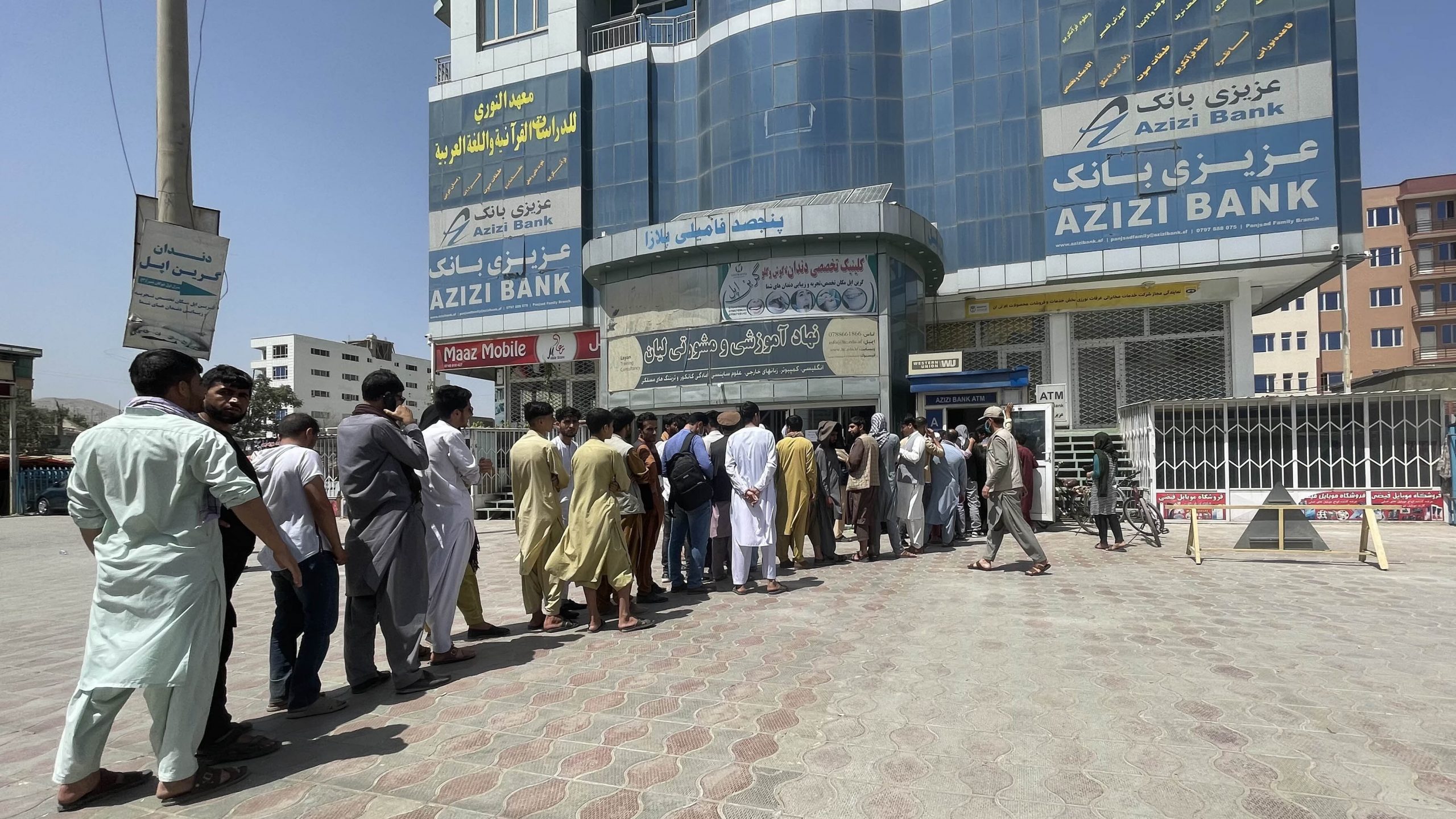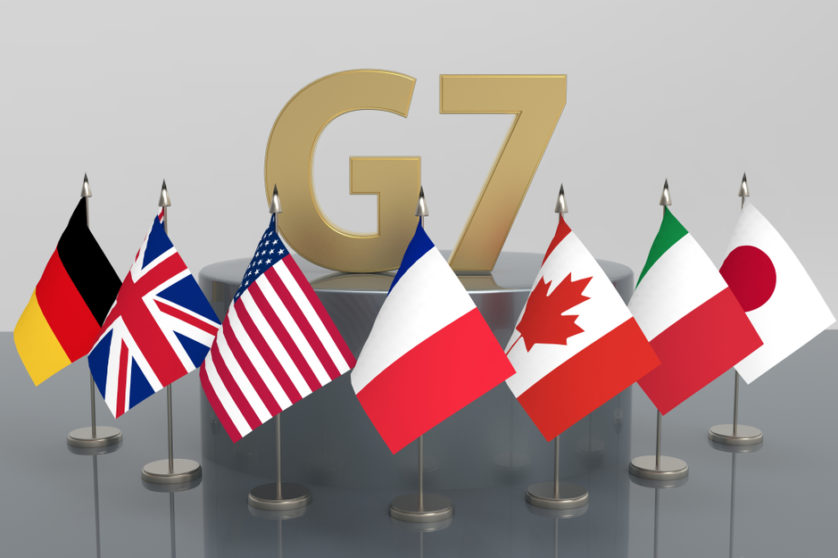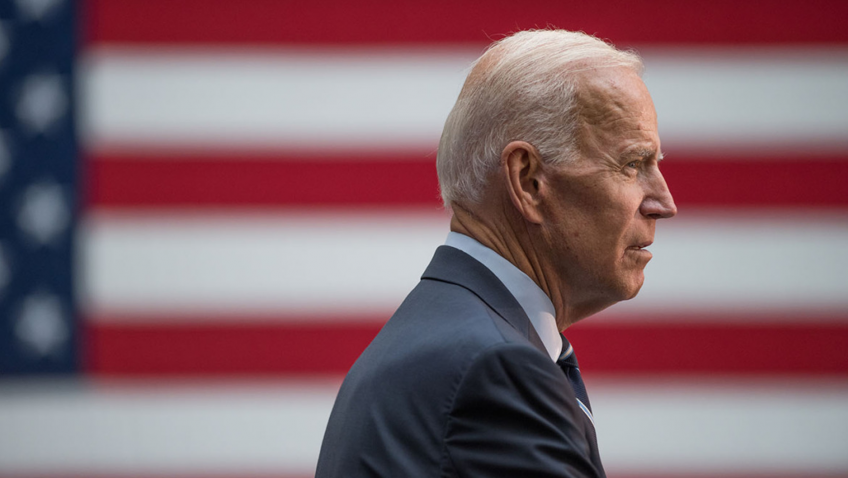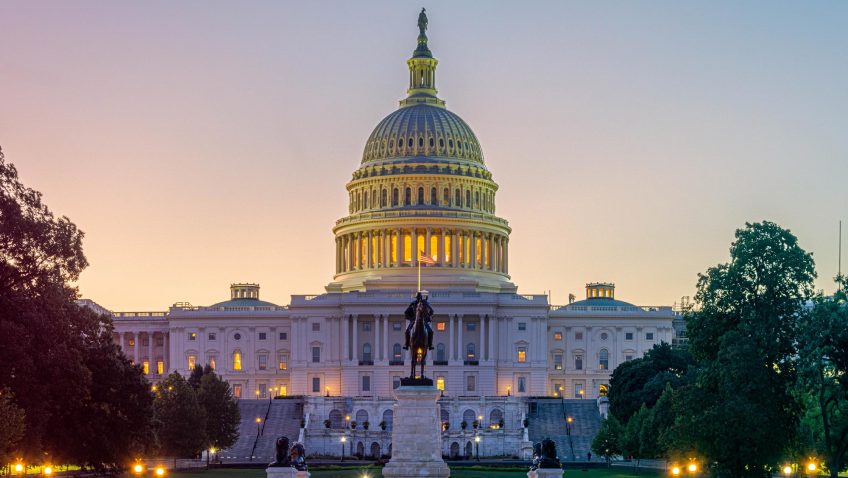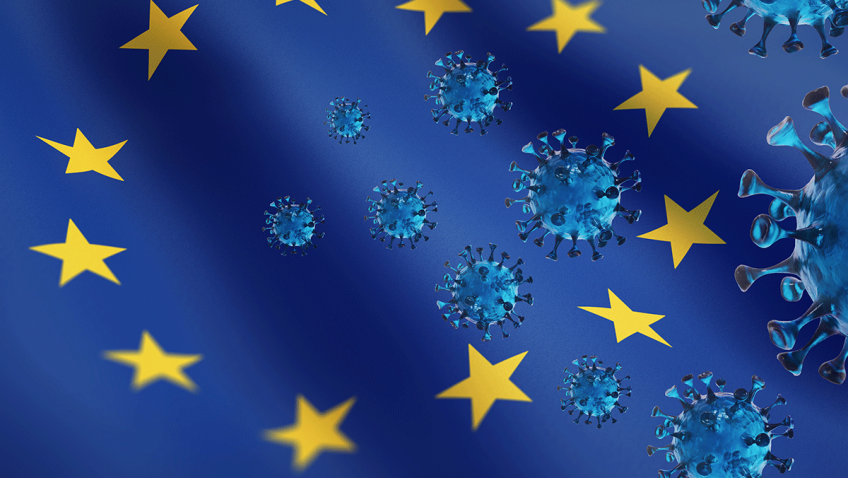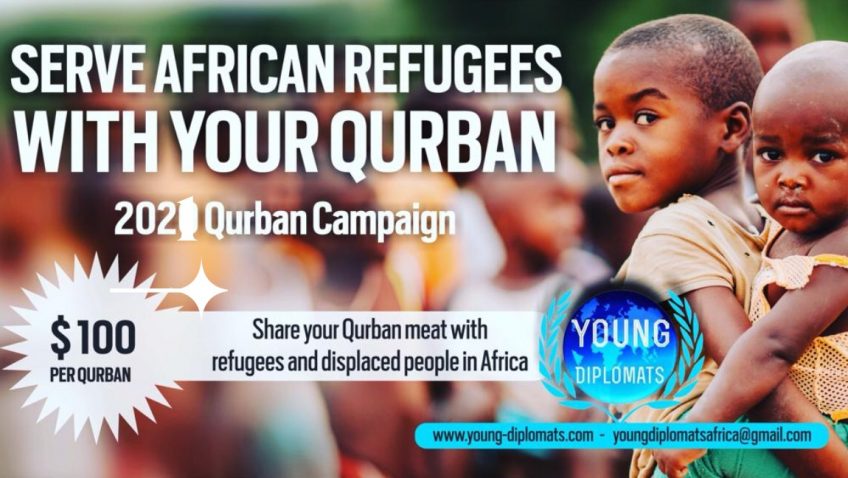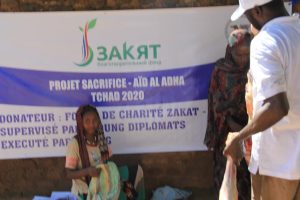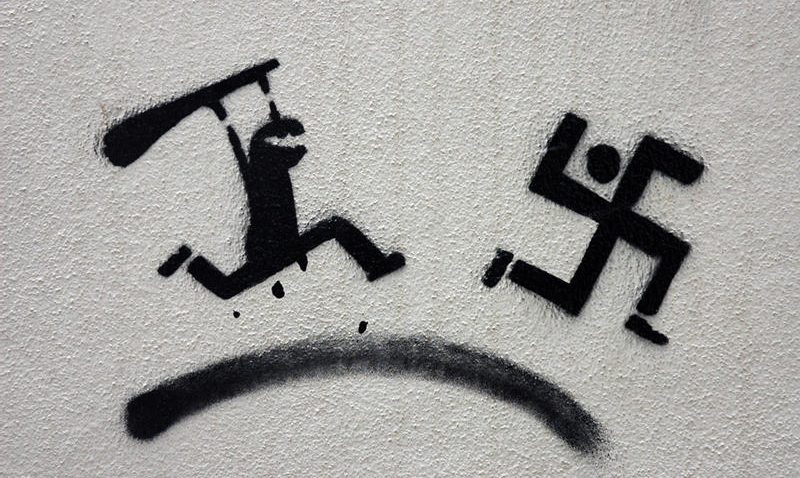The fall of first World War by signing the treaty named “Treaty of Versailles” between Allied Powers and Germany –following hurting pathetic German emotions that caused rise of an Evil and Fascist Adolf Hitler– and birth of another wild, brutal World War. The words argue that rise of such Fascist ruler – Adolf Hitler – had attempted to start slogans and competency favored one particular ethnicity for power that illustrates identity crisis for instance, The Holocaust. Politics emphasis, it’s active engagement with power and status quo though the Fuhrer Adolf Hitler did, genocide German Jews by making them responsible for each of state’s irresponsibility, backwardness and failures. Thus, to seek attention of the human rights policy makers and governing bodies that all the human, no matter which ethnicity they belong, should be given rights according to law. Living on the land being inborn, right of common people to be engaged with liberated citizenship at the land of birth that’s the solution to confront with genocidal and populist rulers and to stop more displacement of indigenous people. As the moment of displacing Germany Jewish people come to pass, throwing all the Jews out of Germany along with rest of the European Jews. The Jewish people of nowhere took refuge in Palestine, as the time went on another displacement of Palestinian people befall by accusing Jewish genocide against Muslims on their homeland and the age of Fascism and identity crisis starts for more demonstrating inhuman killing of indigenous people of Palestine.
The end of history’s second largest brutal, inhuman and wildest war, on November 11, 1918, Germany formally surrendered and all nations agreed to end the war while the terms of peace were discussed. On June 28, 1919, Germany and its allies (including Britain, France, Italy, and Russia) signed Treaty of Versailles, formally ending the war. Treaty imposed very harsh and humiliating terms and reparation amounts and lands on Germany, along with acceptance accuse for the war that erect to limiting German armed forces which felt the German populace a disrespect to their identity and culture that led to protest in German parliament, out on the street and the afterwards rise of Adolf Hitler. Some historians believe that in the face of such disastrous circumstances’ peacemakers did their best to make German suffer for it’s doing. other historians describe the Treaty of Versailles as the agreement was half-hearted and humiliating move, it did great deal of damage to German. However, that left Germany so strong to take revenge.
Adolf Hitler’s rise to power after the social, political and economic unrest following the defeat of Germany. Hitler touched his political intentions in Munich 19th of June 1919. As a political agent for army, Hitler took part the small German Workers’ Party in Munich September 1919. In 1920, he got himself busy with party’s agenda and was appointed responsible personae and left the army to improve his position in the party. Same year, party was renamed the National Socialistische Deutsche Arbeiterpartei (Nazi). The circumstances were under acquaintance for the development of the small party, and Hitler was largely astute to take full advantage of them. When he joined the party, he felt ineffective, committed to the program of nationalist and socialist ideology, but was uncertain of its aims and divided under its leadership. They accepted his program but considered it a means to an end. His propaganda and his personal intentions led to controversies with other party leaders. Hitler countered their effort to stop him by threatening to resign, and because the future of the party depended on his power to decide. Nazi party had a very rapid growth and Hitler tried to force Bavarian government and the local army commander – Hitler was very familiar in Bavaria – to call a national revolution, very soon afterwards, local security and military personae started open fire at the advancing marchers killing a number of them. Hitler got injured too, a formal trail took place for treason, he characteristically fallen with advantage of the compassion publicity adored to him. Incident taught Hitler at any means, achieve power by legal means. Court sentenced him for five years prison but it just took nine months him to get rid out of prison.
The greatest threating enemy of Nazism, for Hitler, was not the liberal democracy in Germany, which was about to touch the womb of collapse. Along with his insistence on internationalism and economic conflict, his rival was Weltanschauung Marxism (which embodied social democracy as well as communism). Apart from Marxism, Hitler considered the greatest enemy of Nazism is being a Jew, an incarnation of evil for Germany. There are words among historians as to when anti-Semitism became Hitler’s core punishment. Initially, he wrote, “Rational anti-Semitism must lead to systematic legal opposition. Its final object must be the removal of the Jews altogether”. More counted “destroyer of culture,” “a parasite within the nation.” and “a menace”.
Once power fall on Hitler’s feet, he established an authoritarian dictatorship. He embodied the consent of president for coming elections. 27th of February 1933 (figuring the work of a Dutch Communist, Marinus) intensified an excuse for a review of all guarantees of independence and a rapid campaign of violence. The warm scenario of election on 5th of march, the Nazi got 43.9 percent support of the voters. On the day 21 of March, the Reichstag gathered at the Potsdam Garrison Church to demonstrate the unity of National Socialist with old Conservative Germany, represented by Hindenburg. Two days afterward, the Enabling Bill, which gave full authority to Hitler, was came into existence in the Reichstag by a joint vote of Nazi, Nationalists and Center Party deputies (23rd of March 1933). Within the tenure of three months or less later, all non-Nazi parties, trade unions and organizations remained out of existence. Hitler did not want to spark revolutionary thoughts. Conservative ideas were still essential need if they were to succeed the throne of presidency and maintained military friendship. Moreover, they did not evacuate industry leaders, provided it was served to the intentions of the Nazi state.
The rise of Adolf Hitler even as the Fascist Fuhrer of Germany illustrates leading path to identity crisis of only ethnicity Jewish community, “The Holocaust” and another World War, which is known to the history, one the biggest disastrous events of human history.
The writing emphasizes a broad view of identity crisis in the era of Fascist Fuhrer Adolf Hitler during World War II and its consequences, displacing of Jews from West to Middle East and the Palestine indigenous populace under Jewish siege. The starting twice of three years of Hitler’s dictatorship, Jews were affected of more than four hundred decrees and regulation on all their livings and turning aspects. The regulation slowly but systematically stripped them of their rights and property, turning them into citizens outpace. Many of the laws were issued by the German administration that affected all Jews. States, regional and local government officials also issued a number of orders in their respective communities. As Nazi leaders were ready for war in Europe, anti-Jewish legislation in Germany and Austria gestured the way of more radical persecution of Jews. The renowned intellectual scholar and “The Holocaust” survivor, Noam Chomsky stated, “The Holocaust was the most extreme atrocity in human history, and we lose our humanity if we are even willing to enter the arena of debate with those who seek to deny or underplay Nazi crimes.” Chomsky counted to considering ambiguous opinion on Nazi racism’s wild cruelties and disastrous errors of history is inhuman behavior. The policies were introduced and came into existence by Nazi personae again Jews and anti-Nazi had catastrophic frame of racism reference, it resulted death of hundreds of thousands of Jews and millions of other people having different ethnicities, including Soviet civilians, prisoners of war, the Roma, the disabled, political and religious dissent, and gay men.
Germany was fighting two war simultaneously, “The Holocaust” the war against Jews, a racial war and World War II. Nazi emphasis on words for Jews as a race not a religious group and the racial logic of Nazism resulted annihilation. Hitler showed egoistic opposition for Jews and the values they introduced to the world alike social justice, business innovation and intellectual thinking etc. In Hitler’s views, such opinions will restrict to exercise power and will create dissent mind with in German state that inevitably lead to restraint power of master race. The large number of extremist students along with many professors having Nazi ideology, stormed university libraries and bookstores around in thirty cities throughout Germany to get the rid-out thousands of books authored by anti-Nazi and those who opposed Nazi regime and its ideology. The books were thrown in street and tossed them on fire for sake to show clearance of un-Germanic writings. A German known poet of Jewish identity, Heinrich Heine said, “Where one burns books, one will, in the end, burn people.” Heine’s words got their existence in Nazi Germany, the time between Jewish authors books were burnt and afterwards People of Jewish identity.
Former United States Secretary of State, diplomate, author and Survivor of “The Holocaust” Henry Kissinger reminds Nazi Germany regime and terror, “I could never forget what an inspiration it had been to the victims of persecution, to my family, and to me during cruel and degrading years. I always remembered the thrill when I first walked the street of New York City. Seeing a group of boys, I began to cross the other side to avoid being beaten up. And then I membered where I was.” Kissinger’s words delight the horrible era of Nazism and its fascist role within Germany, and the responsible for Jews displacement, is also be phrased, “The Jewish insurgency in Mandatory Palestine” and “Palestine Emergency”. To Adolf Hitler, the anti-Semitic Fuhrer, the Jews were an inferior race and foreign threat to German ethnic purity and community. Under the years rule of Nazi Germany Jews were persecuted permanently, Hitler’s “The Last Solution” – Came to existence as “The Holocaust”- hundreds of thousands mass murder centers were set up in the camps. Under the Nuremberg Laws, Jews became the norm for defamation and persecution. It fallen in November, when Kristall Nacht, or “Night of the Broken Glass” came, German Syngogues were burned and the windows of Jews places were smashed around 100 Jews got killed and the twice of five more were arrested. German police forcefully got out dozens of Jews from their home and ghettos. The Ghetto played a disastrous role as circled captive cities under Jewish council, in addition to widespread starvation, poverty, unemployment, and overpopulation made ghettos breading based spread for disease such as typhus, with the time period between 1933 and 1939, millions of Jews who could make their self-able to get rid out of Germany, were left while those remained, were lived in uncertainty and fear.
Elie Wisesel, a Nobel Peace Prize winner and “The Holocaust” survivor, wrote; “We must always take sides. Neutrality helps the oppressor, never the victim. Silence encourages the tormentor, never the tormented. Sometimes we must interfere. When human lives are endangered, when human dignity is in jeopardy, national borders and sensitivities become irrelevant. Whenever men or women are persecuted because of their race, religion, or political view, that place must – at that moment – become the center of the universe.” Recount, the Auschwitz Holocaust Memorial and Museum, first plain to escape considered on 6th of July, 1940 at the sole start of Auschwitz’s existence. The reason behind stablishing so far that 928 prisoners tried to escape from the Auschwitz camp complex, 878 men and 50 women. Very low number, phrased 196 prisoners made themselves success in escaping but the majority got shot during pursuit and rest lived in camps to see the end of war.
Professor Ilan Pappe an expatriate Israeli historian said, “Ethnic cleaning is an effort to render an ethnically mixed country homogeneous by expelling a particular group of people and turning them into refugee while demolishing the home they were driven out from.” In 1917, the British government announced its intention to facilitate the immigration of Jews to the singular homeland. The country of Jewish people was considered Palestine by the United Nations in 1922. However, the large Arab populace in Palestine opposed the decision and reacted vigorously violent to the proposed words. In 1936, the British Parliament proposed the partition of Palestine between two states defining their believes, which the Jews agreed to, but Arab opposed the idea was totally rejected by Palestine people. United Nations proposed it again in 1948, after World War II Britain had relinquished control of Palestine to the United Nations. Again, proposal widespread into air and rejected by Arab. Immigrant Jews were attacked by indigenous people of Palestine, moreover Arab couldn’t do enough to stop the immigration of Jewish and international intervention in Palestine. Professor Ilan Pappe sparks light on Palestine condition and says, “Half of the indigenous people living in Palestine were driven out, half of their villages and town were destroyed, and only very few among them ever managed to return.” By the year 1948 the structure of Palestine’s economic, social and political were damaged and rearranged with Zionist intentions by Jews. On 14th of May, 1948, it was claimed after official conquering the territory of Palestine that the Jew were to create a homeland called the state of Israel. United Nations showed keen interest and approved Jewish intentions to create a state “Israel” within state “Palestine” and Arab were managed to take their foothold back. Within the duration of single overnight Palestine people lost almost 52% of their homeland. As the time went on, the number of loss of territory raised, by 1967, the Arab people were left with only 22% of their homeland. The migration fallen over Palestine people, created an entire nation and has led to religious and cultural wars between two entirely different group of the region. The current scenario sparks light on the tense situation of ever constant battles between Israeli and Palestine people. Professor Ilan Pappe spread a thought on Israel’s dark side of intentions, “Most Zionists don’t believe that God exist, but they do believe he promised them Palestine”
It’s the matter of fact, identity crisis is never isolated. Each Fascist governance, at the glance of Hindutva India under Fascist Modi, Russia in the hands of Putin, Erdogan’s governance in Turkey, the influence of Military regime in the politics of Pakistan and Israel under Netanyahu’s fascist regime. Minorities and other ethnicities are controlled through dismantling constitution. Fascist governing bodies manipulate minds of common people and raise hatred feelings towards minorities and one particular ethnicity based on cultural and religious identity. The manipulation takes place through media, text books, and few selected faces, Noam Chomsky calls it “Manufacturing Consent”. The people residents of Jammu and Kashmir are under curfew around two years, moreover their rights of autonomy, freedom of press, write, speak, education and even breathing are violated alike Israel under Fascist Netanyahu has ruined common will of Palestine people to live at their homeland. In Pakistan, the rights of Baloch and Sindhi are nowhere to be counted even, thousands of people of Pakistan are murdered for writing truth about the current involvements in politics and religion. Huge number of writers, thinkers, journalists, public figures and activists are missing and number is raising and it goes on.


